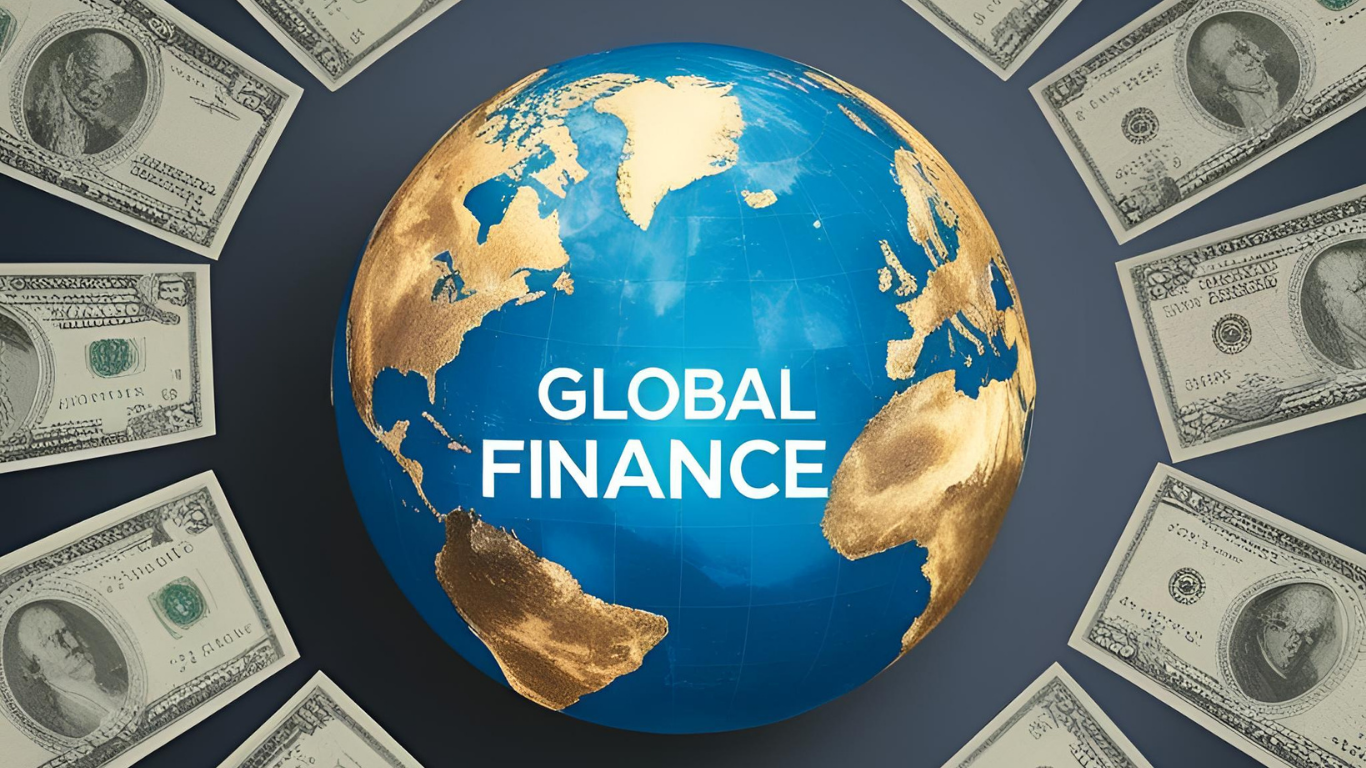Should Africa rather delay investments in renewable energy given their trivial contributions to global greenhouse gas emissions? This is strongly discouraged given the existing benefits of increased renewable energy investments in an African economy. Nigeria, the leading African economy is adopted as a representative to illustrate the prospects of improved (renewable) energy security in Africa. This study develops a dynamic recursive general equilibrium model to evaluate the prospects of renewable energy investment paths for Africa towards improving its energy security levels. Unlike other competing models, this model allows businesses to dynamically substitute between intermediate renewable energy and fossil fuel products, thus, taking active steps towards achieving a green economy. The results show that present economic welfare will be sacrificed for future welfare benefits and improved energy security. This confirms the transitioning of an economy from a lower steady state to a higher steady state path as postulated by the Solow model. However, a sustained gradual investment in the renewable energy sector yields the least welfare loss as the economy transitions through its energy security path. The one-off policy design produces relatively higher results in the immediate future while the sustained gradual incremental path smoothens these results into the far future. The results confirm that Africa’s demand for renewable energies substantially outweighs its supply, thereby suggesting a potential and non-trivial market for renewable energies, nonetheless. Results-based policies that are geared towards improving energy security are formulated for the African economies.
Download PDF

 English
English
 Arab
Arab
 Deutsch
Deutsch
 Português
Português
 China
China




